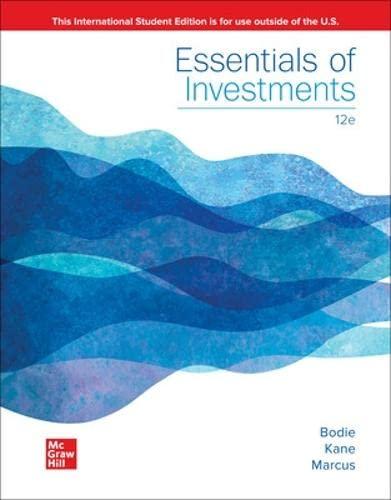13 in 2010, the population of the United States was 311,000,000 people and the US population ate 12.040 thousand metric tons of beef per year. In the same year, the world population was 6,853,000,000 people and the world population consumed 56,544 thousand metric tons of beef per year. If the entire population of the world ate beef at the same rate per person as the United States, then the world consumption rate would be between _thousand metric tons of beef per year (a) 50,000 and 100,000 100,000 and 150,000 (c) 150,000 and 200,000 (d) 200,000 and 250,000 (e) 250,000 and 300,000 (b) 14. A school lunch program serves 13,000 students. The program orders 3,250 pounds of chicken for the students. Determine the unit rate in the context of this situation. (a) (b) (c) x pound 4 pounds % pound per student 4 pounds per student (e) 15. From 2009 to 2010, the price of housing in the United States has dropped. The table below shows the average price of a house in two metropolitan areas. Using the information in the table. determine the absolute change and the relative change in the average price of a home from 2009 to 2010 for both Tucson and Seattle, Write your results in the table. Location 2009 2010 Absolute Change Relative Change Tucson, AZ $156,600 $172,500 $306, 200 Seattle, WA $295,700 The Nelson study was as the Nelson study con study was a scientific study that researched the texting habits of teenagers. In 2008 on study reported that teens sent an average of 1,742 text messages per month. In 2010, the olson study reported that teens sent an average of 3,339 texts per month. What was the relative change in the number of text messages sent from 2008 to 2010? (a) 91.68 (b) 1,597 (c) 47.83% (d) 52.17% (e) 91.68% Use the graph below to answer Questions 19 and 20. It shows the Consumer Price Index for all urban consumers (CPI-U). The Consumer Price Index shows how the prices for goods and services change over time. This Consumer Price Index gives changes in prices for people living in cities and urban areas from 1915 to 2010. Consumer Price Index CPU 1950 1910 1920 1930 1940 1960 1970 1980 1990 2000 2010 19. Estimate the value of the CPI-U in the year 2000. (a) 150 (b) 155 (e) 200 und 204 kopsu 16. At many universities and colleges across the United States, tuition increased for the 2013-2014 academic year. In Minnesota, tuition at universities and colleges increased by 4.8%. The choices below describe the amount of tuition at different types of colleges. Determine the type of college that will have the greatest absolute increase in tuition. (a) The community colleges with an average tuition of $5,275 (b) The public four-year universities with an average tuition of $9,640. (c) The for-profit colleges and universities with an average tuition of $15,350 (d) The private universities with an average tuition of $33,765. (e) All will have the same absolute increase 17. Childhood obesity is a major health concern for people around the world. A scientific study looked at the number of children between the ages of 12 and 19 who were obese. In 1995, researchers found that 11% of children were obese. By 2000, the percentage had increased to 22% What statement best describes the absolute change and the relative change in the number of children who were obese from 1995 to 2000? (a) The absolute change was 11 percentage points, and the relative change was 50% (b) The absolute change was 11 percentage points, and the relative change was 100% (c) The absolute change was 50 percentage points, and the relative change was 100% (d) The absolute change was 50 percentage points, and the relative change was 50% (e) The absolute change was 100 percentage points, and the relative change was 11% 10. The State of Minnesota covers an area of approximately 51 million acres, while the state of Vermont covers an area of approximately 6 million acres. Calculate how many times larger the state of Minnesota is compared to the state of Vermont. (a) 0.12 (b) 0.88 (e) 8.5 (d) 45 (e) 57 11. The population density of a village in South Africa is 2,000 people/100 mi'. Which of the following is equivalent to the population density of this South African village? (a) 0.2 people/mi? (b) 2 people/mi? (c) 2 people/10 mi? 20 people/mi le) 200 people/mi? 12. According to the 2010 United States census, the two largest cities in Washington State are Seattle and Spokane. The data shows that 612,000 people lived in Seattle on 83.78 square miles of land. The data also shows that 206,900 people lived in Spokane on 60.22 square miles of land. Using the information above, the population density of (a) Seattle is approximately three times that of Spokane. (b) Spokane is approximately 0.7 times that of Seattle. Seattle is approximately 7,304.8 people per square mile. (d) Spokane is approximately 5,705.0 people per square mile. Seattle is approximately the same as that for Spokane










